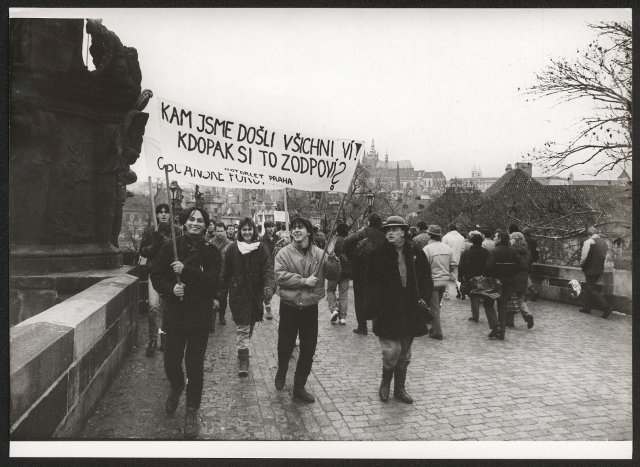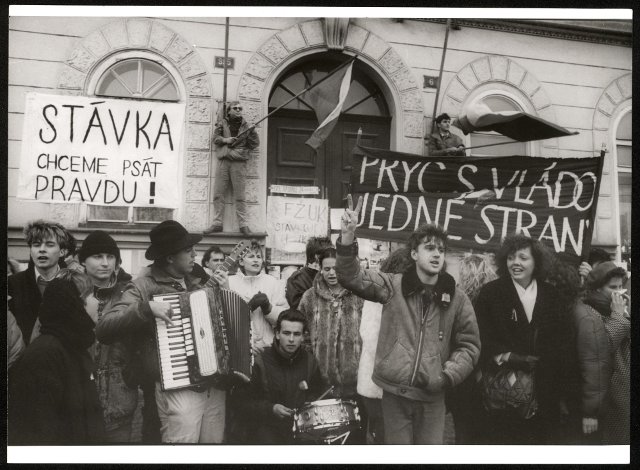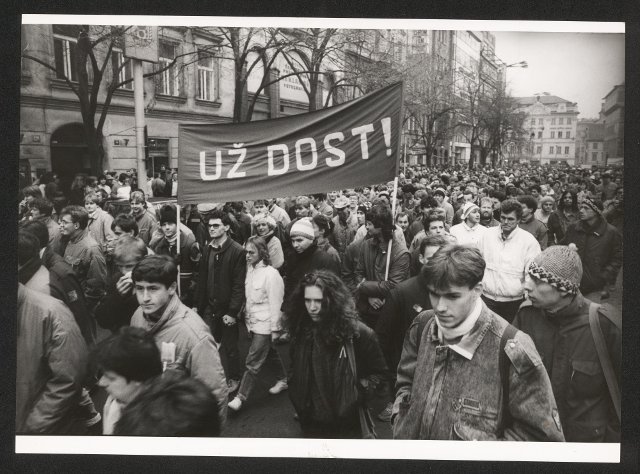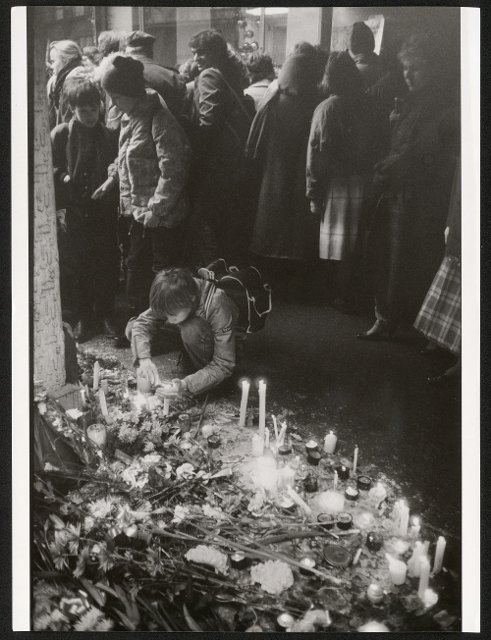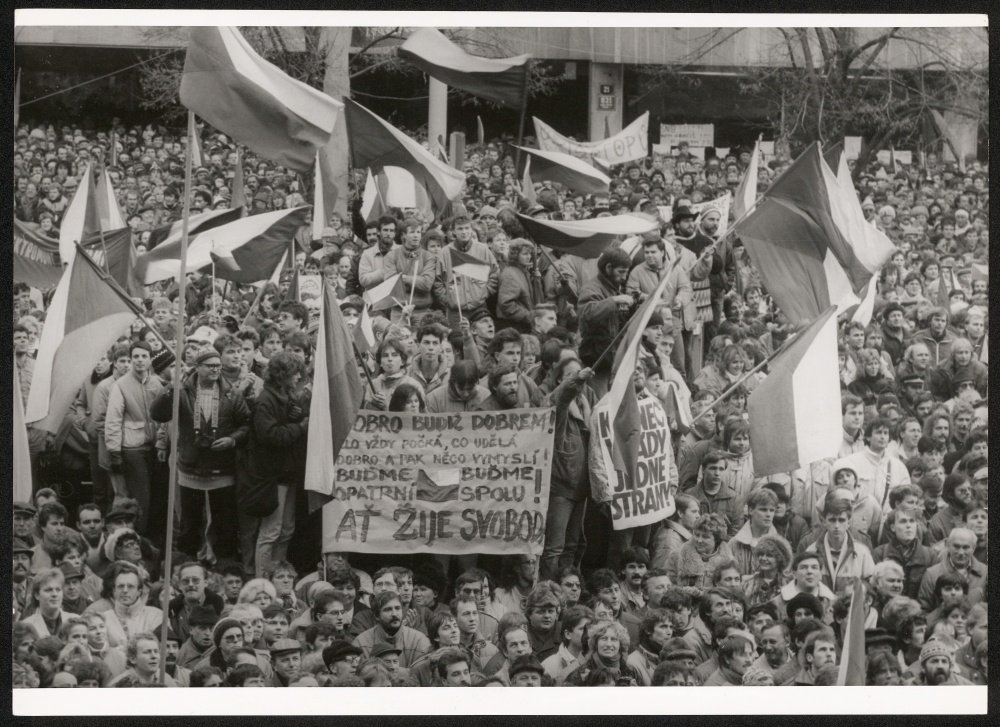
On November 17, Czechia commemorates the 35th anniversary of the Velvet Revolution
18.11.2024 / 14:34 | Aktualizováno: 31.12.2024 / 09:56
On November 17, Czechia commemorates the 35th anniversary of the brutal suppression of a student demonstration in the center of Prague by the communist police. This act of arbitrary power by an undemocratic state triggered events later known as the Velvet Revolution. This revolution ended the totalitarian communist system and initiated the transformation of Czechoslovakia into a democratic country. In the following years, Czechoslovakia peacefully split, and underwent significant economic, political, and social reforms, symbolized by the slogan "Back to Europe," and crowned by the entry of Czechia and Slovakia into NATO and the EU.
Students did not randomly choose November 17, 1989, to express their discontent with the situation in Czechoslovakia. It was the 50th anniversary of another event from 1939 when, following the Nazi occupation of the Czech lands and related protests primarily by students, Nazi authorities closed all Czech universities and took repressive measures against student leaders and university professors. November 17 thus soon became International Students' Day.
In 1989, unlike in 1939, protesting students no longer faced death sentences or concentration camps. However, they still risked expulsion from their studies, possible imprisonment, or troubles for their families. Despite these potential consequences, they demonstrated real courage that inspired much of Czech society.
The events of November 17 occurred within a broader global process of democratization. Just shortly before, the Berlin Wall had fallen, symbolizing the division of Europe and the strength of the Soviet bloc. In the Soviet Union itself, “perestroika” was underway, and China had experienced an attempt at democratization in 1989, albeit unsuccessfully.
In Europe, the events of 1989 led to overcoming its division into blocs and to the expansion and deepening of European integration, strengthening democracy and economic growth in many countries, including Czechia.
However, the spread of democracy, stability, and prosperity was not even across the entire continent. The dissolution of the former Yugoslavia and the Soviet Union often led to brutal armed conflicts, whose consequences are still felt today. Economic reforms were sometimes neglected or carried out in a way that only enriched elites at the expense of the general populace, and in many cases, former communist leaders were replaced by nationalists and populists. It soon became clear that merely the passage of time was not enough to spread positive changes across Europe, and in fact, regression was possible.
Since 2008, we have seen concrete manifestations of Russia’s leadership aiming to return Europe to a pre-1989 era. These negative trends have intensified in recent years, with the most notable example being Russia’s unjustifiable, unprovoked, and illegal aggression against Ukraine, initiated solely because the Ukrainian people clearly expressed their desire to be part of democratic Europe.
Just like the wars of the 1990s, Russia's brutal attack on Ukraine has had and will continue to have long-term negative impacts on prosperity, democracy, and the overall development of not only the directly affected countries but also on all of us – the entirety of Europe and the rest of the world.
Now more than ever since 1989, it is evident that freedom and democracy are not guaranteed and that these fundamental values must be protected and fought for. Russian aggression is not a distant thunder somewhere in the Ukrainian fields. It is not only images of destroyed homes and murdered civilians in the evening news. It is a fight for the soul of each one of us and for what we are willing to sacrifice for freedom and a democratic society. It is the proverbial tolling bell that Ernest Hemingway wrote about.
As November 17 shows, students and young people have always been a driving force of society and a barometer of democratic development. Thanks to them, Czechia has been a free and prosperous country for 35 years. Let us be inspired by them and their legacy. Let us not become indifferent to what is happening in Ukraine or in our own countries. Let us fight for an open, democratic society – through elections, free media, the non-governmental sector, and by setting our own examples. Let us support Ukraine in its fight for freedom because it is also about our freedom. After all, as the first Czech president, Václav Havel, said: "Freedom is a value worth making sacrifices for, and if one is convinced of the truth, it is worthwhile to engage in the struggle, even at personal risk."





